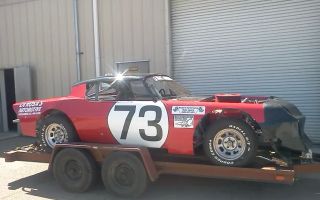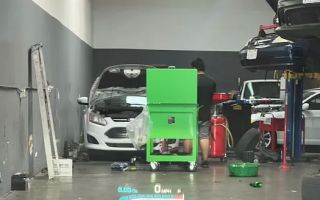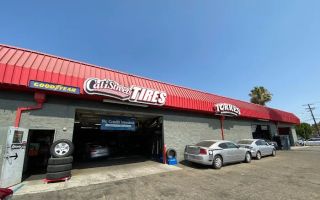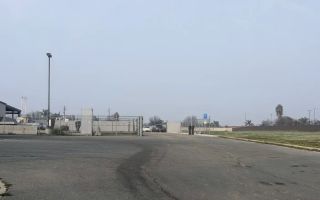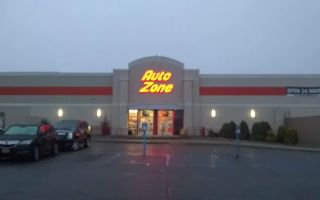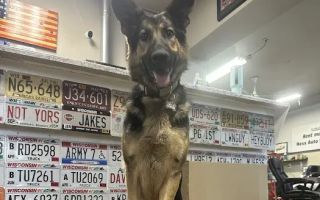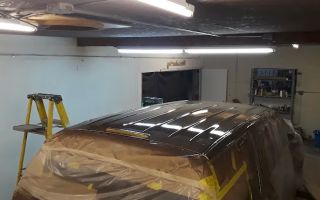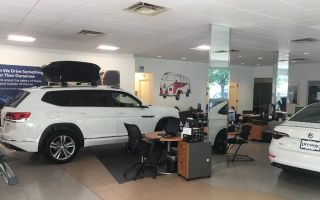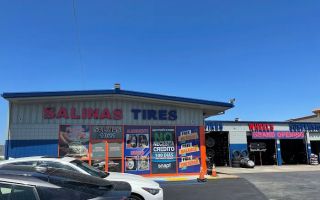How Towing Companies Handle Oversized Vehicles and Loads: What You Need to Know
- 1. Challenges of Towing Oversized Vehicles
- 2. Specialized Equipment for Oversized Loads
- 3. Permits and Legal Requirements
- 4. A Real-Life Case Study: Towing an Oversized Load
- 5. Choosing the Right Towing Service for Oversized Vehicles
1. Challenges of Towing Oversized Vehicles
Towing oversized vehicles and heavy loads presents unique challenges that require specialized expertise. For example, towing a large construction vehicle or transporting industrial equipment involves ensuring the load is secure, balanced, and compliant with local regulations. The size and weight of these vehicles can significantly impact the towing process, from maneuvering through narrow roads to ensuring proper weight distribution on the tow truck.
One key challenge in towing oversized vehicles is the risk of damage. The vehicle or load could shift during transportation, causing harm to the truck or surrounding infrastructure. Furthermore, oversized vehicles often exceed the capacity of standard towing equipment, necessitating the use of specialized vehicles and tools.
2. Specialized Equipment for Oversized Loads
Towing oversized vehicles requires a range of specialized equipment that goes beyond the standard towing vehicle. Some of the key tools and machines used for handling these loads include:
- Heavy-Duty Tow Trucks: These trucks are designed to carry significantly heavier loads, often having reinforced structures and additional axles to support large equipment.
- Lowboy Trailers: Lowboy trailers are essential for transporting vehicles that need to remain at a low height, such as construction vehicles or industrial machines.
- Flatbed Trailers: For large loads that don’t fit the standard tow truck, flatbed trailers provide an additional flat surface that can hold oversized vehicles securely during transport.
- Escort Vehicles: Often, towing an oversized load requires one or more escort vehicles that monitor the road ahead and behind the load to ensure there are no obstacles or traffic issues.
These specialized vehicles and equipment ensure that oversized loads are transported safely and efficiently, without causing damage to the load or the infrastructure along the way.
3. Permits and Legal Requirements
Towing companies handling oversized loads must comply with a variety of regulations to ensure the safety and legality of the transportation. One of the primary legal considerations is obtaining the necessary permits. In many regions, oversized vehicles require special permits to be transported on public roads.
In addition to permits, towing companies must also ensure compliance with weight restrictions, road limitations, and travel time restrictions. For example, some roads may only allow oversized loads to travel during off-peak hours to reduce traffic congestion. Towing companies often need to plan the route carefully, considering all regulatory requirements to avoid fines or delays.
4. A Real-Life Case Study: Towing an Oversized Load
To provide a better understanding of how towing companies handle oversized vehicles, consider this real-life case study. A construction company needed to transport a massive bulldozer from one site to another within Denver. The bulldozer was too large to be towed by a standard truck, so the towing company had to use a heavy-duty tow truck with a custom-built flatbed trailer.
The towing process involved securing the bulldozer with heavy-duty chains, checking the weight distribution, and ensuring the load was within legal limits. The towing company also worked with local authorities to secure the necessary permits and arrange for escort vehicles to help with traffic management during the trip.
This case highlights the importance of specialized equipment and thorough planning when towing oversized vehicles and loads. The towing company’s expertise in handling large-scale equipment ensured that the bulldozer was safely transported without any incidents.
5. Choosing the Right Towing Service for Oversized Vehicles
When choosing a towing service for oversized vehicles, it’s essential to consider several factors to ensure that the job will be done efficiently and safely. First, make sure the towing company has experience with oversized loads and access to the necessary equipment, such as heavy-duty tow trucks and flatbed trailers. Additionally, verify that the company has the necessary permits and expertise to navigate local regulations.
It’s also beneficial to work with a company that has a solid reputation for providing reliable service. For example, Rescue & Towing offers expert towing services for oversized vehicles in Denver, ensuring that your equipment is transported securely and in compliance with all legal requirements.
For more information about oversized vehicle towing services, visit Rescue & Towing to learn more about their specialized offerings and request a quote for your next project.

